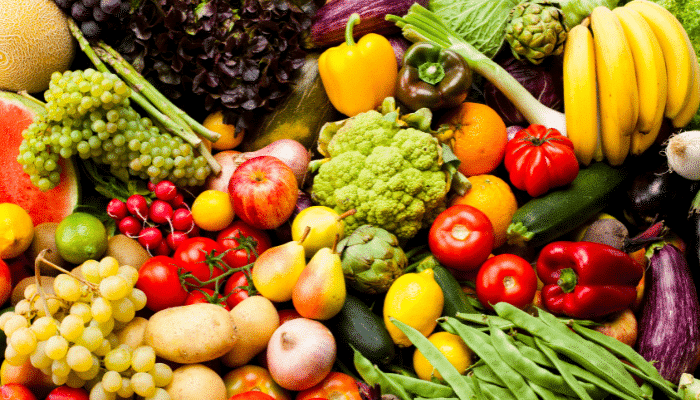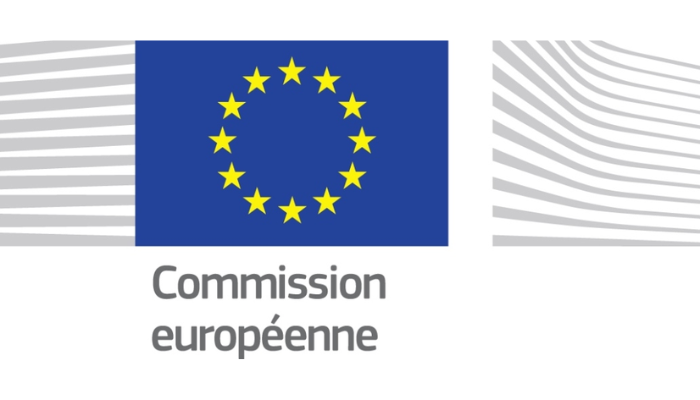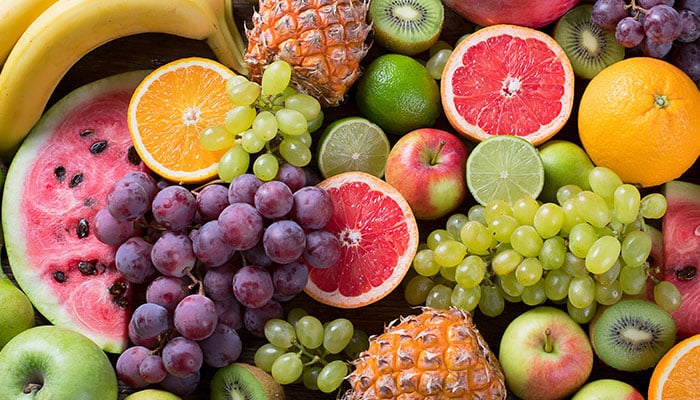
Article réservé aux abonnés


The 2023 annual report of the Alert and Cooperation Network (ACN) has just been published.
In 2023, 4,695 notifications were sent to the Rapid Alert System for Food and Feed (RASFF):
- 1,539 border rejection notifications,
- 1,263 alert notifications,
- 1,057 notifications for information,
- 819 for follow-up information,
- 17 new notifications.
4,199 concerned food for human consumption, 303 food for animal consumption and 193 materials in contact with food.
The top notifiers were Germany (592), the Netherlands (589), France (421) and Italy (411).
The most-reported EU countries are Poland (304), the Netherlands (289) and France (269). The most frequently notified non-EU countries are Turkey (408), China (333) and India (303).
The most recurrent notifications are :
- Pesticides in fruit and vegetables from Turkey (168),
- Salmonella in poultry and poultry products from Poland (153),
- Migration of substances in food contact materials from China (92),
- Aflatoxins in nuts, nut products and seeds from the USA (85).
- Pesticides in fruit and vegetables from Egypt (84)
Pesticides are the most reported hazard, with 936 notifications. The most common are chlorpyrifos (299), acetamiprid (75) and ethylene oxide and 2-chloroethanol (67). They are mainly found in fruit and vegetables (of Turkish origin).
Pathogenic microorganisms are in second place with 856 notifications. The most common were salmonella (582), listeria monocytogenes (131), Escherichia coli (50) and norovirus (50). They are mainly found in poultry and poultry products, and nuts and nut products.
Mycotoxins were the 3ème most notified hazard in 2022, with 401 notifications. The most frequent detection is aflatoxins in the category of nuts, nut-derived products and seeds from the USA.
Next come allergens, with 217 notifications, mainly in the ready meals and snacks category. Milk was the most frequently notified allergen. Compositional problems were also reported (231) in diet foods, food supplements and fortified foods.
For animal feed (FEED), 303 notifications were sent to the RASFF. The most common hazards were salmonella (111) and enterobacteria, detected mainly in dog chews.
193 notifications concerning materials in contact with foodstuffs were transmitted in 2023. The majority concerned primary aromatic amines, formaldehyde and lead. Most notifications concerned materials from China.
Phytocontrol's experts can help you deal with these issues of fraud and food safety. You can consult our COFRAC technical annexes N°1-1904, N°1-6066 and N°1-6634 available in your customer area or on the COFRAC website.
Need technical, regulatory or pricing information? Our customer service is available from 8am to 6.30pm Monday to Friday on +33 800 900 775 or service-clients@phytocontrol.com.
And if you don't want to miss any Phytocontrol news, join us on our LinkedIn page!
2023 annual report on food fraud
The 2023 annual report of the Alert and Cooperation Network (ACN) has just been published.
In 2023, the number of notifications exchanged by the FFN reached a total of 758, with a significant increase on 2022 (26.3%).
Belgium (18.3%), Germany (16.5%) and France (10.7%) were the countries that communicated most about suspected fraud.
In terms of the origin of the products reported to the system, 71.1% concerned goods from within the EU and 24% from outside the EU.
For products from the EU :
- 8.2% of cases concerned France and the Netherlands (falsification of poultry




